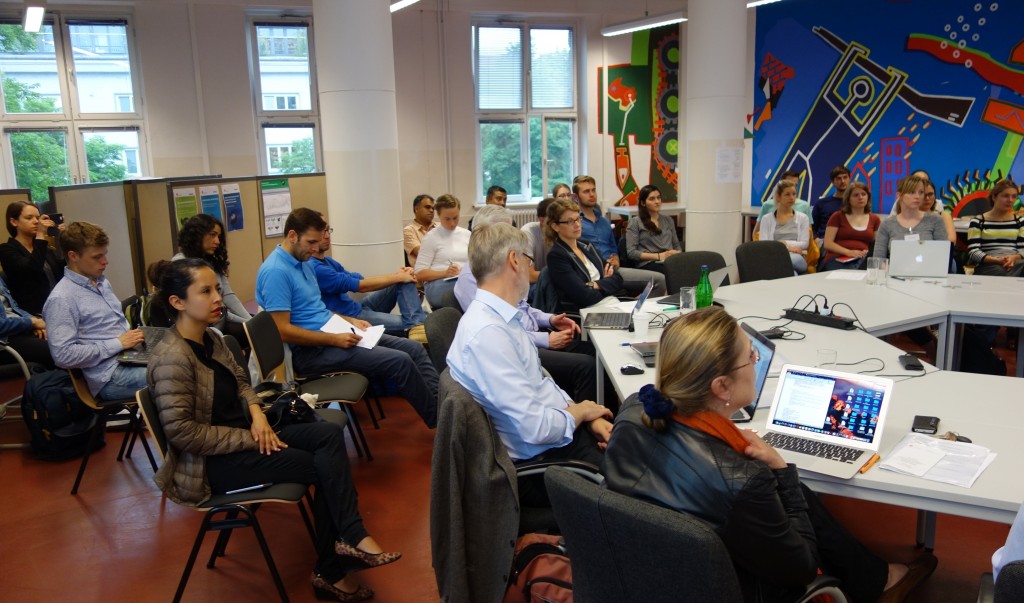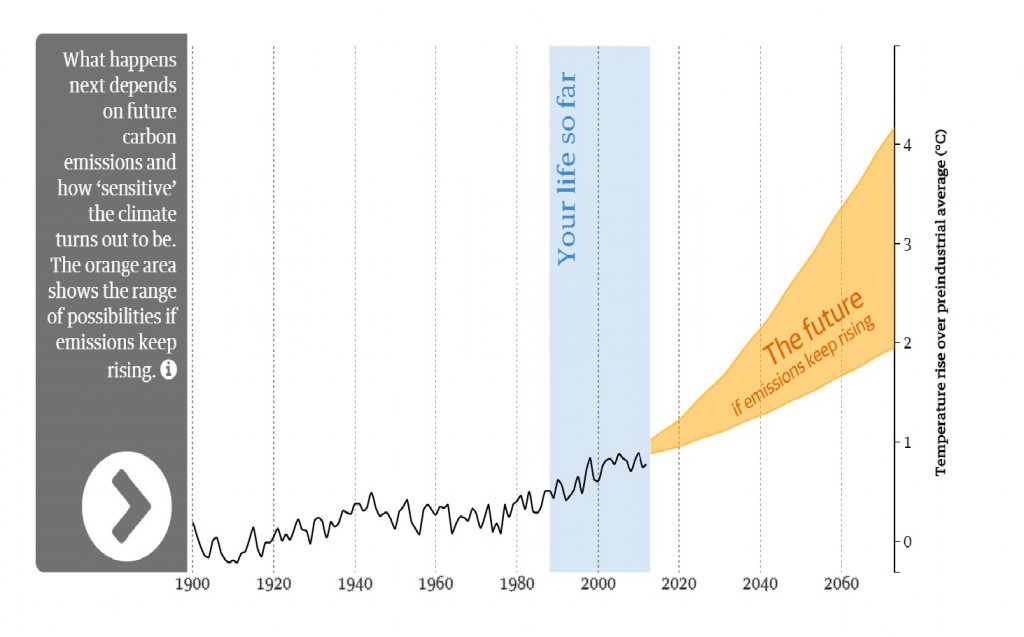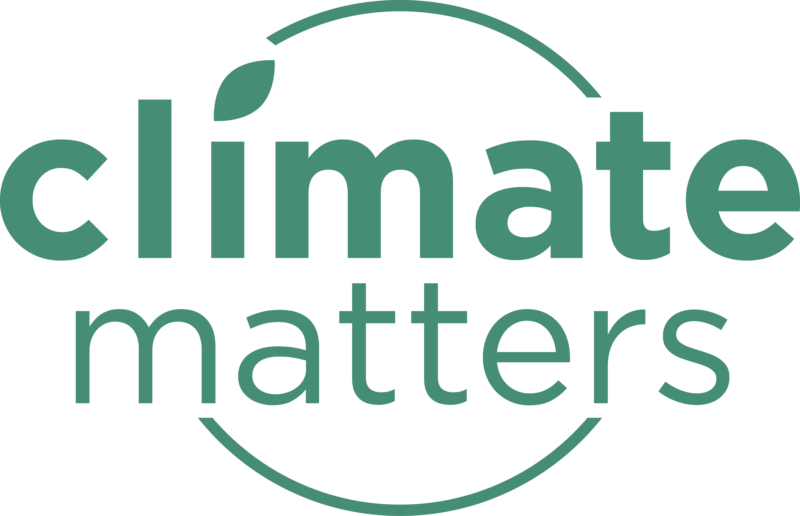Sustainable Lives: stage 2, here we go!
Besides having successfully finished the pilot studies and having initiated the working paper series, the project “Sustainable Lives” has also acquired new funding for the next two years. Our interdisciplinary work will continue in form of a working group at the Center for Sustainable Society Research (see our project website here).
Sustainable Lives: Preliminary findings from the first project stage

Since the “Food project” has now brought its first stage to a close, it is time to present some preliminary findings. With the funding provided by KNU, we have conducted a thorough interdisciplinary literature review and several pilot studies: a representative survey in sociology, experiments in economics, a qualitative and an automated content analysis in […]
Climate change reporting abounds in September
Our colleagues at the University of Colorado Boulder Media and Climate Change Observatory (MECCO) have spotlighted a long-time high in newspaper reporting about climate change – a trend we can substantiate with our own data on other news outlets. In September, media attention to climate change and global warming was at its highest level globally […]
„Sustainable Food Choices as Politics and Lifestyle“ – start-up funding for new project approved
The Center for a Sustainable University at the University of Hamburg has approved funding for the new research project “Sustainable Food Choices as Politics and Lifestyle”, which will start in spring 2018. The project investigates the drivers of food choices and how changing discourses, norms and attitudes about food relate to actual patterns of food […]
Workshop: Redefining the Boundaries of Science and Journalism in the Debate on Climate Change

As a kick-off for a new research project, the research team of Prof. Michael Brüggemann organized a workshop at the University of Hamburg from June 21 to 23. The team discussed the changing roles of science and politics in times of post-normal science communication with national and international guests.
ICA conference participation and video interview
At the International Communication Associations’ annual conference, which took place in San Diego/USA this year, researchers from our team presented first results from the Down to Earth project (“Climate Engagement in a Digital Age: Exploring the Drivers of Participation in Climate Discourse Online in the Context of COP21”) as well as research on how the […]
How data journalism is impacting the climate change debate

Climate conferences serve multiple purposes. Besides being important political events, they are also global media spectacles which push the topic of climate change to the top of political, scientific and public agendas. Scientific data is always at the heart of the way climate change is discussed. Whether it be weather records, measurement of greenhouse gasses in […]
Monitoring the Daily Climate Debate Online – Mid-term report

Since the official start of our CliSAP idea contest project in April, the CRG ‘Media Constructions of Climate Change’ has reached many important interim goals. A sample of online news media was assembled, currently covering 23 countries worldwide. It includes well-known media outlets like the American and international edition of the New York Times (USA), […]
